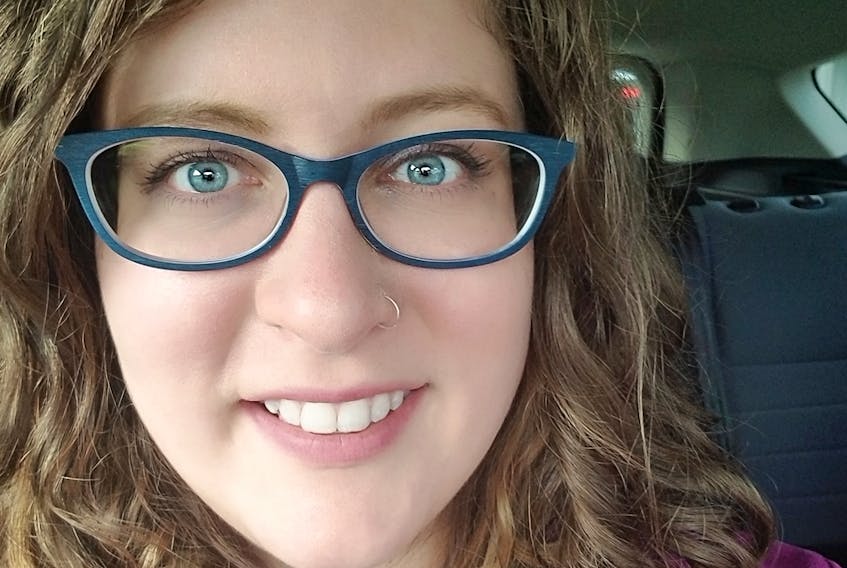Nova Scotians will no longer be required to have a body mass index of 27 or less for MSI-covered breast reduction surgery.
Melody Harding and the provincial Health Department reached a settlement on May 21 to have BMI removed from the criteria, effective immediately.
Harding filed a complaint with the Nova Scotia Human Rights Commission in August 2017, alleging the Health Department was discriminating against her because of a physical disability.
The Halifax woman wore a DD bra when she was 12.
“By the time I was 16, I was asking my family doctor about a breast reduction,” Harding said in an interview on Monday.
She now wears a KK bra at age 31.
Harding said her large breast size negatively affected her self-esteem and her physical health.
“Anything involving gravity was extremely hard on my back, I couldn’t breathe and it got my heart rate up and because of all that I gained more weight and gaining more weight made my breasts even larger,” she said.
“It is a vicious cycle.”
Harding considered the surgery when she attended university in Newfoundland and lived in Ontario, but had to put it off for financial and personal reasons.
When she moved back to Nova Scotia in 2013, she noticed that BMI was still required for the surgery.
“I couldn’t even get a referral to a surgeon from my doctor because we both knew they were not even going to see me because of my BMI,” Harding said.
Harding was told even with gastric banding surgery, she would not have a BMI of 27.
“So I just told myself, ‘OK, you’re going to have to lose the weight and get to a BMI of 27.’”
In February 2017, Harding’s mom was developing nerve damage on her shoulders from the weight of her breasts.
“I realized if she’s 23 years older than me and still dealing with this, what shape am I going to be in when I reach her age?” Harding said.
So Harding reached out to former health minister Leo Glavine and filed a complaint with the commission.
Harding said she’s happy with the settlement she reached with the Health Department.
“It’s not a guarantee, but at least people can have their consultation and can actually see a person face to face and see if it’s appropriate,” she said.
The Health Department “is pleased that this case was resolved in a manner that was agreeable to all parties,” a spokesman said.
Gail Gatchalian, board of inquiry chair, commended both parties for their efforts in reaching an agreement.
Since the change, Harding was given a referral.
“I have a couple things on the list for after surgery, like going into a store and buying a bra off the rack,” she said, adding her friend currently sends her bras from England.
She’s also looking forward to being able to wear a bikini without a tank top over it or three sports bras to go to the gym.
“It’s the little things that all add up,” Harding said.
To have the surgery considered for MSI coverage, patients still must have 400 grams or more of tissue to be removed from each breast and documented physical symptoms, such as neck or back pain, because of the breast size. Each applicant will be assessed on a case-by-case basis.
RELATED









